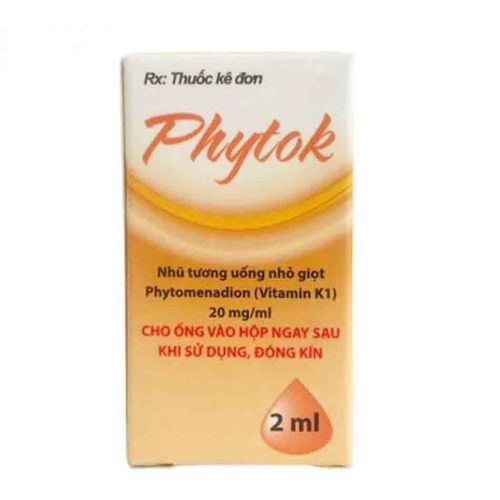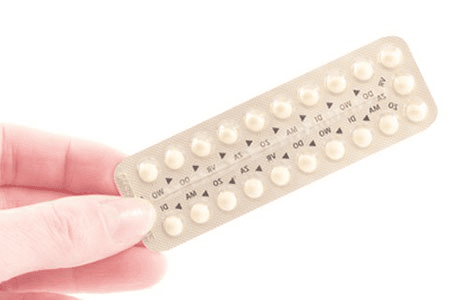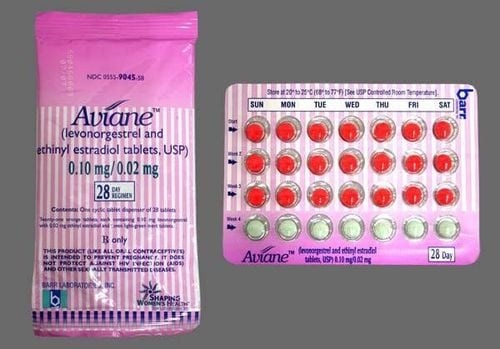This is an automatically translated article.
Serum concentrations of oral contraceptives may be altered by concomitant administration of other drugs, particularly enzyme inducers, with hormonal contraceptives. Therefore, drug interactions should always be considered when prescribing hormonal contraceptives, as these can cause contraceptive failure or increase drug side effects. .1. Enzyme Inducers May Interact With Hormonal Contraceptives
Enzyme inducers can reduce the contraceptive effectiveness of hormonal contraceptives:Antiepileptic drugs: Carbamazepine, eslicarbazepine, oxcarbazepine, phenobarbital, phenytoin, primidone, rufinamide topiramate. These drugs induce hepatic cytochrome P450 3A4 enzymes, increase the rate of metabolism of the hormones in combined oral contraceptives, and reduce circulating levels of these hormones by up to 50%. In addition, carbamazepine and phenytoin increase plasma hormone-binding globulin concentrations, which may decrease the effectiveness of oral contraceptives. Antibiotics: Rifabutin, rifampicin Antiviral drugs: Ritonavir, efavirenz, nevirapine Herbal medicine Hypericum perforatum (St. John's Wort). Other drugs: Modafinil, Bosentan, Aprepitant).

Thuốc cảm ứng enzym có thể làm giảm hiệu quả tránh thai của thuốc tránh thai nội tiết
2. Precautions when using hormonal contraceptives and enzyme inducers at the same time
When using concomitant hormonal contraceptives and enzyme inducers, the patient should be aware of the following issues:Women starting to use enzyme inducers should be advised of possible interactions with these drugs. hormonal contraceptives and should be replaced with another reliable method of contraception that is not affected by enzyme inducers risk of drug interactions and should be replaced by contraception with a copper IUD. If copper IUDs are not suitable, a double dose of Levonorgestrel-containing emergency contraception can be used. Short-term (<2 months) use of enzyme inducers may be more manageable than long-term use. In this case, contraception can be continued with the method currently being used in conjunction with a condom. Specific recommendations for each type of hormonal contraceptive if used in conjunction with an inducer of liver enzymes:
For combined hormonal contraceptives: Should not be used but should be replaced by a method of contraception. Other pregnancies, especially for women who are taking rifampicin and rifabutin, are always advised to switch to another method of contraception. Contraceptives containing progestin : Avoid use, should replace with another method of contraception

Phụ nữ bắt đầu sử dụng thuốc cảm ứng enzym nên được khuyến cáo về tương tác có thể gặp với biện pháp tránh thai bằng hormone
It is best when you intend to use any method of contraception in combination with any medicine, you should consult your doctor, pharmacist for appropriate indications. Taking the medicine exactly as directed always brings high results during use.
Please dial HOTLINE for more information or register for an appointment HERE. Download MyVinmec app to make appointments faster and to manage your bookings easily.
Reference source: fsrh.org - pharmaceutical-journal.com












